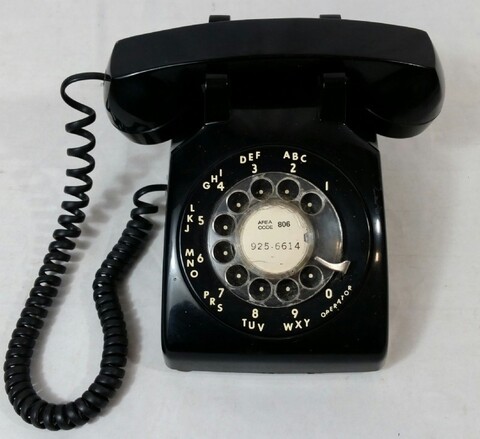
Lately I have seen a proliferation of Facebook posts displaying things such as metal ice cube trays and flour sifters, or steering column mounted gear shifts, with instructions to share if you know what they are. I always know what they are, but that's beside the point. More than mere things, there are skills we have lost, ripped from us by modern technology as surely as automatic ice makers and plastic have relegated the metal ice tray, compete with handle for loosening the ice, to a Facebook meme.
Who these days knows how to kite a check? Believe me, that used to be a life-saving skill and it depended on the fact that a check deposited on one day took about a week to make its way back to the originating bank and be deducted there. Say you needed fifty dollars and your brother didn't have fifty dollars either. Brother wrote you a check for fifty and mailed it. A day later you wrote him a check for fifty and mailed that back. When his check came, you deposited it and spent it, while your check to him arrived in time to cover the check written from his account. He then sent you another check to cover your check. You kept this up until someone actually laid their hands on fifty dollars and put a stop to the process.
Telegrams. You paid by the word, so the composition of a good telegram was an art. These belong mostly to my parents' era, but there was something both ominous and lovely about a telegram delivered to your door. Possibly someone was dead. But possibly your agent had good news and the Post had bought your serial. Or the baby was a girl. Or your son had been expelled from yet another school. (I have among the Family Papers a telegram from my grandmother to my grandfather announcing exactly that.) Or your show had closed, alas, on opening night. You never knew.
Telegrams were eventually eclipsed by the long-distance telephone and it was expensive too, so it required careful management. There were two ways to make a long distance call before direct dialing, both through an operator. A station-to-station call was cheaper but you started paying as soon as anyone answered. A person-to-person call was more expensive but you didn't pay if the person you wanted wasn't there. I would call my boyfriend person-to-person and if he was there, he would claim not to be but that he was expected any minute. Both parties on either end could hear what the other was saying. I would thank the operator and tell her I would try again. Then I would call station-to-station.
My family developed an elaborate code when I was in college in Virginia, built around the now also vanished half-price student standby flights. A person-to-person call for myself meant that I had made my flight home to California. My parents would tell the operator that I was not there, and I would say brightly, "Thank you, Operator, I'll try again about seven." When I missed it, I called for Mr. Charleston DeLay or Mr. L.A. Sunday. A great deal of information could be conveyed this way. My parents checked on the schedule of their weekly poker game with participants outside the local calling zone by calls for Mr. Jackson Low. Mr. Low wasn't there but he was expected at six o'clock on Friday. One player achieved immortality at this racket by reminding the hostess, who was notoriously forgetful, to thaw the chicken meant for the game dinner with a call for "Madame Poulet deFrost."
We shall not see her like again. I miss being able to jerk the phone company around almost as much as I miss the rotary dial telephone, which at least prevented "Jacob" with the almost unintelligible accent from calling from "The Medicare" to ask me how I am today.


